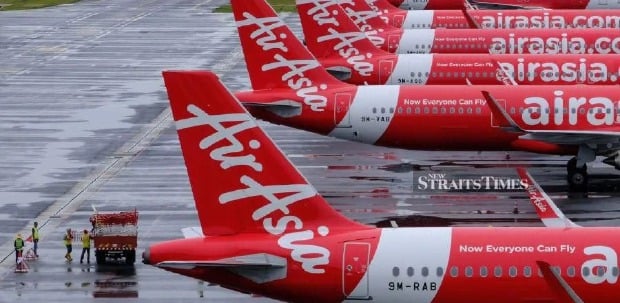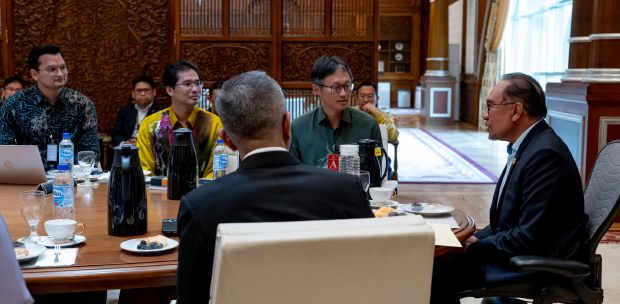KUALA LUMPUR: The Industrial Court has backed AirAsia's move to retrench an employee with 17 years of service, citing performance and disciplinary records as the basis for selection, rather than the typical "last-in, first-out" (Lifo) rule.
Chairman Andersen Ong clarified that AirAsia was justified in its criteria-based approach to pilot reduction amid the Covid-19 pandemic, leading to the claimant's termination from June 14, 2020.
According to Free Malaysia Today (FMT), there was no evidence of misconduct or bad faith in the retrenchment process. AirAsia faced substantial financial losses due to the pandemic, with a loss of RM477 million in the first quarter of 2020 alone, and a staggering RM3.665 billion for the financial year.
Ong highlighted the unforeseen and severe impact of the pandemic, necessitating organisational changes to sustain operations.
"The court accepted evidence from AirAsia's head of finance that the airline would have lost RM268 million in 2019 if it hadn't received RM712 million from selling aircraft through a subsidiary.
"The airline has recorded a loss of RM477 million in the first quarter of 2020, leading to a staggering loss of RM3.665 billion for the financial year," he said.
"The quarantines and border closures by many countries were extraordinary and unexpected, leading to many flight cancellations and grounded planes.
"As a result, the airline became 'financially crippled' due to high costs, leading to necessary organisational changes discussed in town hall sessions on May 29 and June 4, 2020.
"The company needed to streamline its operations and keep only essential staff, including pilots, to stay sustainable," he said.
The court found AirAsia's selection criteria, focusing on pilots' performance and disciplinary records since 2016, to be fair and valid during the crisis.
The claimant's lower performance ratings and extensive medical leave were cited as reasons for selection.
Andersen dismissed arguments about medical leave entitlement, emphasising company policies to discourage unnecessary absences.
Moreover, the court affirmed AirAsia's decision to retain foreign pilots based on performance ratings, in line with the Code of Conduct for Industrial Harmony (CCHI), which does not prioritise locals over foreigners.
"The court ruled that AirAsia applied its 'best fit' criteria fairly to all employees, including the claimant, and that this was a valid reason to deviate from the usual Lifo principle during a financial crisis.
"The court also decided that AirAsia was not wrong to select the claimant over foreign pilots, as the Code of Conduct for Industrial Harmony (CCHI) does not require retaining locals over foreigners," he said.
Ong stressed that prioritising less competent local workers over better-performing foreign counterparts would negatively impact overall productivity.
The foreign pilots retained had superior performance ratings compared to the claimant, justifying their retention.
The claimant's identity remains undisclosed, with FMT withholding the name.





